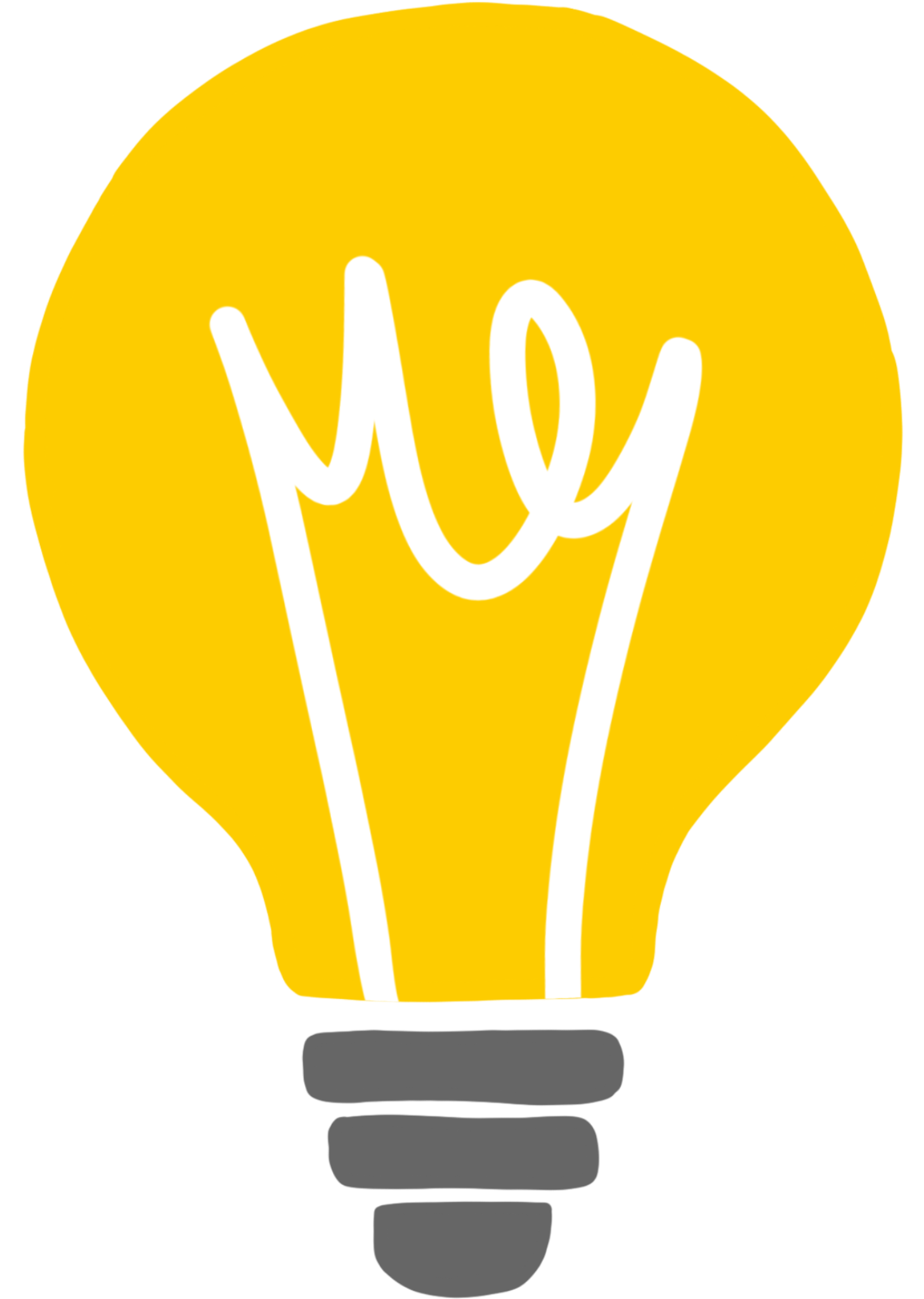The Problem With Should
Here’s something I’ve started questioning recently: the word "should".
"I should be working longer hours."
"I should be exercising more."
"I should earn more."
Says who?
Whose narrative are we following when we use the word "should"? Is it truly what we want, or do those words belong to someone else?
Recently, I thought (just for a moment), "I really should be more productive in the evenings". But that wasn’t my desire—it was an echo of external expectations. I wanted to (and needed to) relax and recharge after an early start and a long day.
Instead of saying "should", I'm going to try to replace it with "want to" or "choose to".
The next time you catch yourself using "should", perhaps ask:
1. Where is this expectation coming from?
2. What do I really want?
Let me know if there is a "should" you’re rethinking right now.

